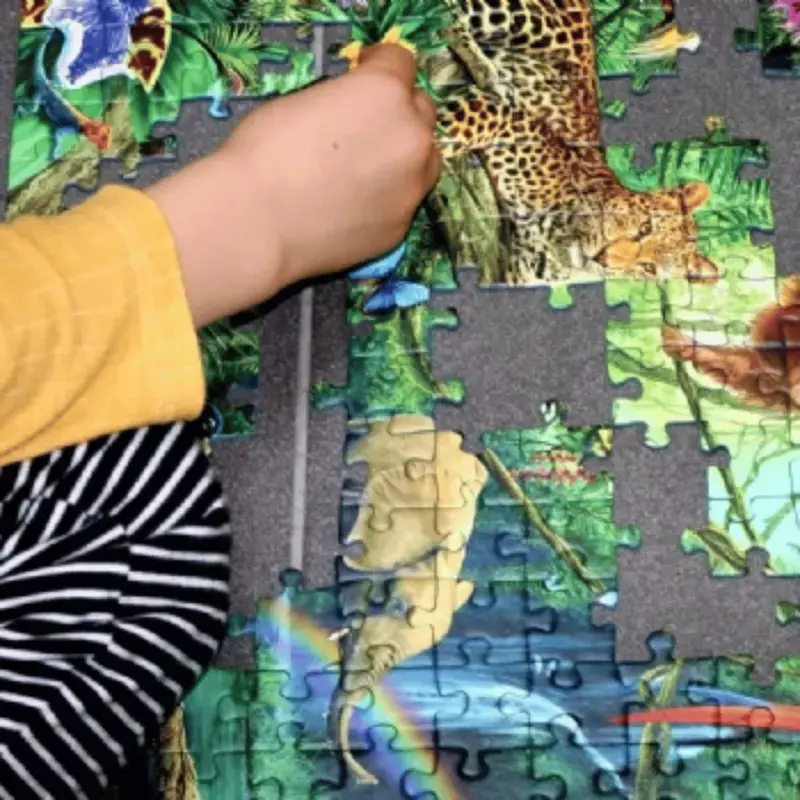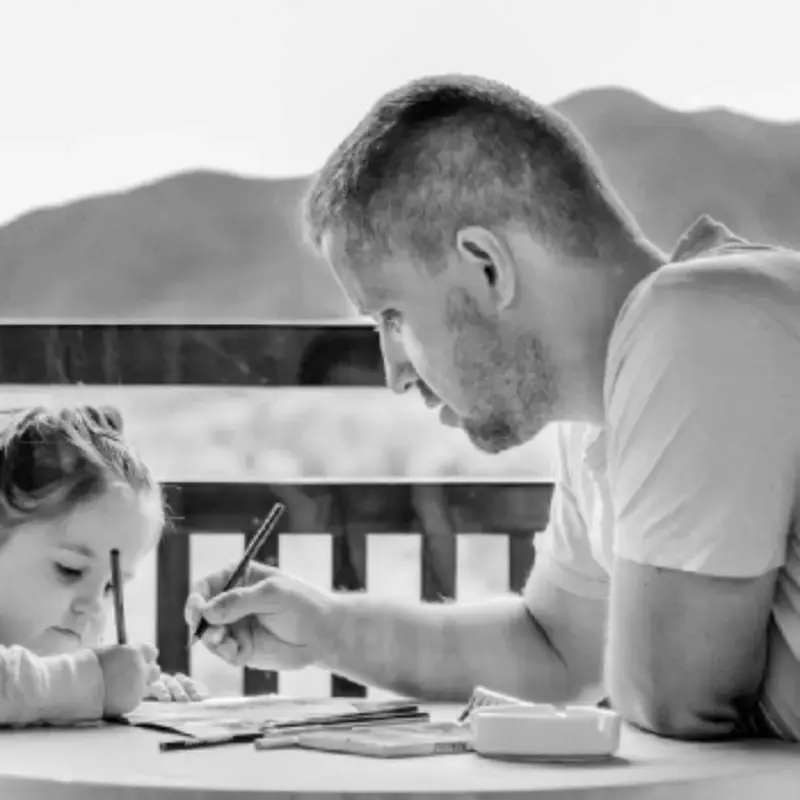The Health Lesson Every Family Should Learn from David Cameron
News this week that David Cameron has received treatment for prostate cancer has prompted headlines across the political pages. Yet, looked at through the lens of a school community, it carries a much more universal message. Cameron described how a simple PSA blood test led to an MRI, a biopsy, and ultimately treatment. He is now cancer-free. He also spoke candidly about how men, in particular, tend to ‘put things off’, even when they know a check-up is overdue.
For all of us at Radnor House, this is not a political story, it is a wellbeing story. It reminds us that the habits we model and discuss with children now can shape their approach to health for decades to come. At the same time, the UK has just launched its largest-ever prostate cancer screening trial through UCL, exploring how PSA tests, MRI scans and genetic risk scores could create a more accurate national programme. In other words, health awareness is moving fast and young people need to be proactive, informed and confident about their health.
How can we use moments like this to teach our children about responsibility, openness and self-care long before they ever need a test themselves?
Five things parents can do now (for sons and daughters):
1. Normalise talking about health - including the awkward bits
Young people take their cues from adults. A simple, everyday conversation such as, ‘I booked a check-up this week’ or ‘I read that Cameron had a test, here’s why that matters’, shows children that health is not something to be hidden or feared.
2. Explain why different checks matter at different ages
Avoid giving a medical lecture. A brief explanation that ‘men need prostate checks later in life’ or ‘women have different checks as they grow older’ helps demystify the idea that health varies across genders and ages. It lays a foundation for informed adulthood. Clearly, if children have further questions we should answer them but try to avoid showing off how much you know about a subject as your opening gambit.
3. Model proactive behaviour
This is an important one, children watch what we do more than what we say. Booking your own check-up, dental appointment or screening quietly teaches the message that caring for your body is part of adult life.
4. Encourage questions — and answer them without embarrassment
If your child asks, ‘What’s a prostate?’ answer simply and calmly. If they ask ,’Does cancer always make you ill?’ help them separate fear from fact. Honest answers build resilience and reduce anxiety about the unknown.
5. Teach the broader habits of sleep, nutrition, activity and self-awareness
Prostate checks themselves happen much later in life, but the building blocks start young. Good sleep routines, understanding food, being active, noticing when something feels wrong - these are the habits that make adulthood healthier and more confident.
Why this matters for schools and young people
At Radnor House, we spend a lot of time talking about perseverance, resilience and character education. However, character also includes the courage to face reality and the surefootedness to act before a problem becomes a major issue.
If a former Prime Minister can use his platform to encourage men to seek help earlier, then we have an opportunity to help our students grow into adults who see health not as an emergency, but as a form of responsibility. So perhaps the most important lesson this week is that we can’t protect children from every twist of fate, but we can give them the mindset and the habits that make them healthier, more confident and more open in the long term.
























